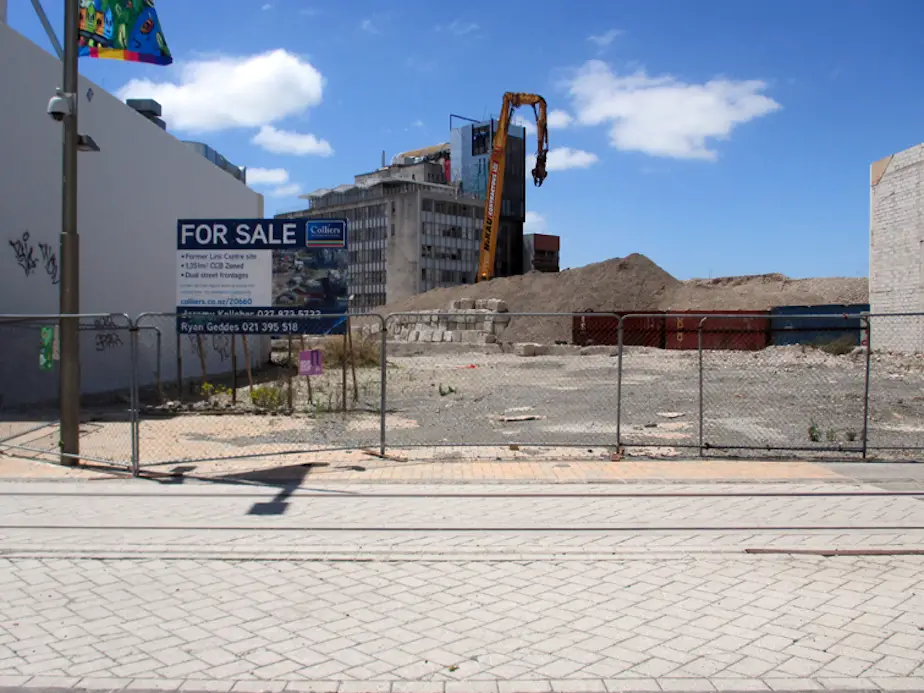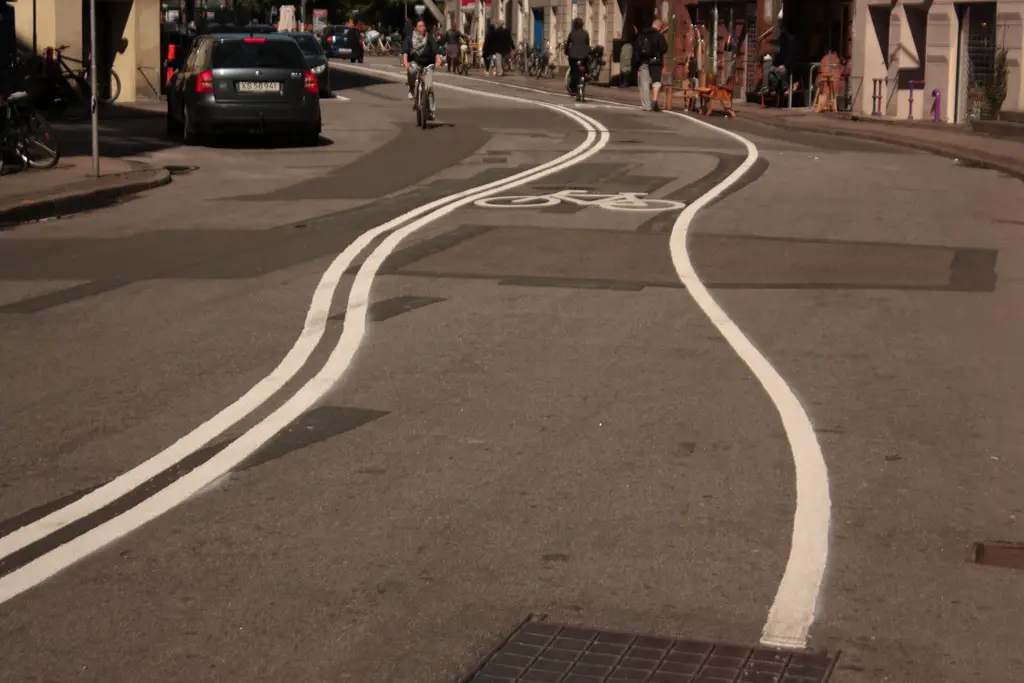Out of all the words in Silicon Valley’s increasingly eccentric lexicon, “disrupt” holds a special place. Companies seeking out disruptions are scouring the landscape looking for yawning gaps of efficiency created when capitalism and government collide. Uber is disrupting the taxi industry just like AirBnb is disrupting the hotel industry and Venmo is disrupting wire transfers. Disruption is not so much a trend as an especially lucrative world philosophy favored by technophilic entrepreneurs. It’s the only path towards progress. If you’re not disrupting something you might as well go collect kindling and roast raccoon meat in the hills of Cupertino.
Disruption operates from a perspective that highlights separation or otherness. A company that spends its time rooting out inefficient market practices is also attempting to torpedo industries built on the back of those glitches which is why you always hear about the more sinister aspects of startups like Uber and entrenched services like PayPal. They have no interest in being complementary since they’re simply replacing bad ideas with good ones. In fact, the mandarins behind disruptive companies are confident their ideas are so transformative that they can quite gracefully shift the paradigm for everything even, according to early Uber investor Shervin Peshivar, the government:
Let’s just Taskrabbit and Uberize the Government.
— Shervin Pishevar (@shervin) October 2, 2013
There’s an objectivist streak to all these platitudes and even when some of the more outspoken proponents of a disrupted world order backtrack you can’t help but think they might have been caught saying something publicly they only espouse privately. Typically, the companies that fall under the umbrella of disruption want to throw capitalism into hyperdrive without much consideration for the fallout, but there is a small subset of this group that is attempting to augment services that are woefully inefficient—like, say, getting a pothole fixed before another person cracks a hubcap.
Citizen engagement applications have been garnering less attention than some of their more profitable counterparts, but they’re gaining traction in the wake of municipal troubles in the United States. SeeClickFix, a startup based in New Haven, is helping local governments from San Francisco to Huntsville, Alabama improve their non-emergency services through a turnkey application package. Users can identify a cosmetic issue in their neighborhoods—graffiti, potholes, abandoned cars—and log the complaint by dropping a pin in SeeClickFix’s map. The complaint relays to the appropriate municipal department and, bureaucratic gods willing, the issue is resolved.
Tailoring 311 systems—for readers outside the United States, 311 is 911’s less hysterical cousin, typically used to report non-emergency issues in a city—for municipalities that are financially strapped may seem like using a Band-aid to heal a gunshot wound. But with cities reducing their administrative staffs to skeleton crews, recalibrating non-emergency services towards direct democracy takes some pressure off city halls and lets the average citizen feel like they’re improving their neighborhood piece by piece.
Fostering that relationships is increasingly important in places like Detroit, where even emergency responses can take upwards of an hour. Urban decay can seem like background noise compared to spiking crime and violence, but quality of life issues left to be solved wholesale after the more immediate issues are addressed can end up becoming permanent symptoms. Transferring responsibility for reporting to neighbors is certainly indicative of municipal governments shedding some of their traditional duties, but in the current fiscal environment there’s not much they can do to improve their lot. Better they empower the people than ditch the process altogether.
SeeClickFix and other developers like it are still in the business of filling gaps just like their counterparts chasing seven figure funding rounds, but they understand the world is not made up of zero sum games. It’s an additive process, concerned with bringing civic engagement into the 21st century and maybe even shaving layers off entrenched bureaucracy without pining for the dissolution of government in general. It’s a refreshing outlook on innovation coming from safely outside the Silicon Valley echo chamber. Let’s hope the next step is disrupting budget deficits and austerity—lord knows there’s a buck to be made somewhere in there.


